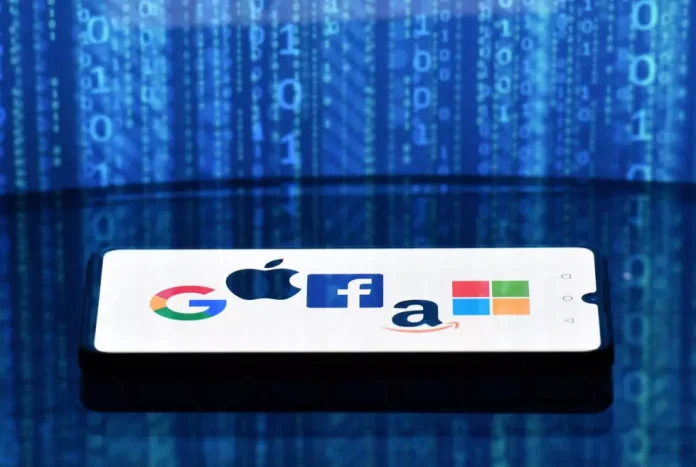UN human rights chief Volker Turk says unregulated tech giants and AI threaten democracy, calling for urgent global regulation to prevent abuse.
GENEVA: A few tech giants accumulating massive power combined with artificial intelligence poses huge global rights challenges requiring regulation, the UN human rights chief told AFP.
UN High Commissioner for Human Rights Volker Turk said his key concern was the seemingly unbridled power of a small number of technology companies.
He pointed out how seven or eight big tech companies now boast more wealth than the entire economies of even industrialised nations.
“They have amassed an immense amount of power,” he said in an interview at the UN rights office overlooking Lake Geneva.
“And power, we all know, if it is not circumscribed by rule of law, by international rights law, can lead to abuse.”
Turk expressed deep concern that “corporate power, if it’s not constrained by the law and by international rights standards, is going to be a huge issue for us”.
The commissioner had previously voiced alarm to the UN Human Rights Council over the influence wielded by “unelected tech oligarchs”.
“They know how to manipulate us,” he warned, noting they possess extensive personal data including our thoughts, habits and fears.
He highlighted particular concerns about generative artificial intelligence tools being rapidly rolled out by tech titans.
“Generative AI can have huge potential to resolve some of the biggest problems that we face, but we also can see the shadow side,” Turk said.
He described AI-enhanced social media as “extremely manipulative” and capable of distorting views during election campaigns.
“AI that is unregulated can be a huge source of distraction, which then takes away the political energy that we need in order to actually fight autocratic tendencies,” he cautioned.
Turk also expressed shock at renewed climate denial among leaders despite overshooting Paris Agreement goals.
“What are we doing to our children, our grandchildren, future generations?” he asked, warning about future accountability questions. – AFP








